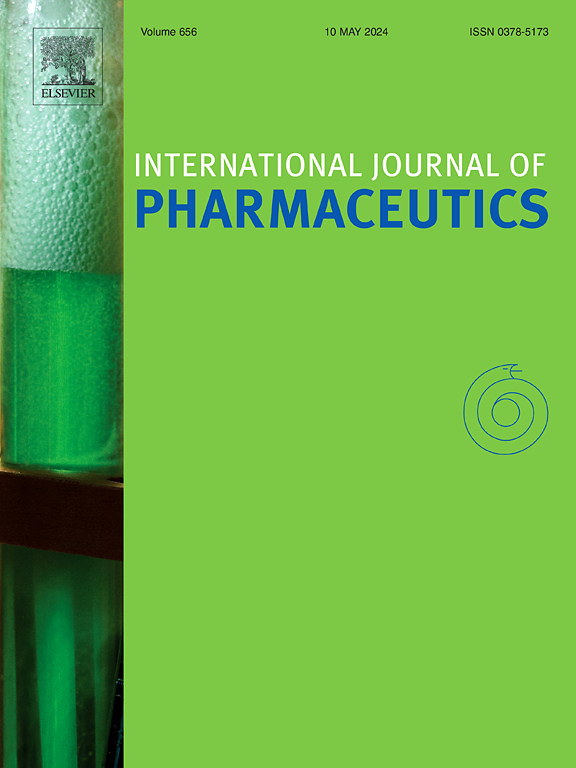Advanced biomaterials in immune modulation: The future of regenerative therapies
IF 5.2
2区 医学
Q1 PHARMACOLOGY & PHARMACY
引用次数: 0
Abstract
Healing of tissue is a complex process controlled by immune responses in the forms of inflammatory, proliferative, and remodeling stages. Dysregulated immunity can interfere with healing and lead to fibrosis or chronic inflammation. Biomaterials engineered for immune modulation offer novel approaches to regulate immune responses and enhance tissue repair. This review explores biomaterials including natural polymers, synthetic hydrogels, and composites that modulate immune activity via bioactive molecule release, immune cell interaction, and surface functionalization. Advances in nanotechnology enable precise immune modulation through nanoparticle-based drug delivery and nanostructured surfaces. Uses range from bone repair, wound healing, and organ restoration where immunomodulatory biomaterials maximize integration and minimize rejection risks. Despite demonstrated benefits, challenges remain in ensuring biocompatibility, scalability, and regulatory approval. Future directions include smart biomaterials, artificial intelligence (AI)-driven design, and personalized approaches tailored to patient-specific immune profiles. Interdisciplinary collaboration among immunologists, materials scientists, and clinicians is essential for translating these innovations into clinical practice. Immunomodulatory biomaterials hold great potential to revolutionize tissue healing and address critical global healthcare challenges.

免疫调节中的先进生物材料:再生疗法的未来。
组织的愈合是一个复杂的过程,由免疫反应控制,包括炎症、增殖和重塑阶段。免疫失调会干扰愈合,导致纤维化或慢性炎症。用于免疫调节的生物材料提供了调节免疫反应和增强组织修复的新方法。本文综述了通过生物活性分子释放、免疫细胞相互作用和表面功能化来调节免疫活性的生物材料,包括天然聚合物、合成水凝胶和复合材料。纳米技术的进步使得通过基于纳米粒子的药物递送和纳米结构表面进行精确的免疫调节成为可能。应用范围包括骨修复、伤口愈合和器官修复,在这些领域,免疫调节生物材料可以最大限度地整合并减少排斥风险。尽管有明显的好处,但在确保生物相容性、可扩展性和监管批准方面仍然存在挑战。未来的发展方向包括智能生物材料、人工智能(AI)驱动的设计,以及针对患者特定免疫特征量身定制的个性化方法。免疫学家、材料科学家和临床医生之间的跨学科合作对于将这些创新转化为临床实践至关重要。免疫调节生物材料在彻底改变组织愈合和解决关键的全球医疗保健挑战方面具有巨大的潜力。
本文章由计算机程序翻译,如有差异,请以英文原文为准。
求助全文
约1分钟内获得全文
求助全文
来源期刊
CiteScore
10.70
自引率
8.60%
发文量
951
审稿时长
72 days
期刊介绍:
The International Journal of Pharmaceutics is the third most cited journal in the "Pharmacy & Pharmacology" category out of 366 journals, being the true home for pharmaceutical scientists concerned with the physical, chemical and biological properties of devices and delivery systems for drugs, vaccines and biologicals, including their design, manufacture and evaluation. This includes evaluation of the properties of drugs, excipients such as surfactants and polymers and novel materials. The journal has special sections on pharmaceutical nanotechnology and personalized medicines, and publishes research papers, reviews, commentaries and letters to the editor as well as special issues.

 求助内容:
求助内容: 应助结果提醒方式:
应助结果提醒方式:


